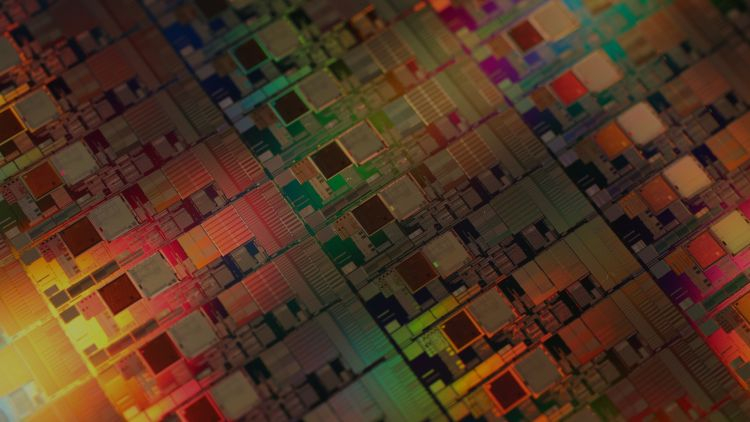
The specifics of U.S.export control requirements are such that authorities may prohibit third countries to cooperate with undesirable counterparties, and in the case of new sanctions against China, U.S.partners may once again drag Taiwan into the orbit of their interests.The island's authorities have already expressed their willingness to help in every way possible to comply with the new U.S.requirements.Source image: UMCWe remind that the U.S.lawmakers ended the week by adopting a new package of sanctions against China.It restricts the supply to China of components for supercomputers of certain performance, equipment for the production of a certain range of chips, as well as components for the creation of such equipment.The list of contractors with dubious reputation includes 31 Chinese companies that the U.S.suspects of using U.S.-origin technology and products for the needs of the Chinese defense industry.Companies have 60 days to pass an audit by U.S.inspectors, and if the latter are not admitted to the industrial facilities of interest, the company will finally be put on the sanctions list.Some market participants now express concern that the activities of major Chinese civilian sector companies - Alibaba and ByteDance, for example - may fall under restrictions by the supercomputer performance criterion.The latter is the owner of the globally popular TikTok service, creating server systems that can approach the \"sanctioned\" ones in terms of their parameters.In fact, the U.S.authorities want to prevent the appearance in China of supercomputers capable of delivering more than 100 petaflops of computing power with a volume of less than 1178 cubic meters.On the one hand, many civilian systems that will be created in China in the next couple of years can fall under this criterion.On the other hand, designers will have an incentive to be flexible in the layout of such systems.For example, the system could be broken down into several smaller nodes that would be separated geographically, but would communicate through a high-speed optical interface.Expressing solidarity with U.S.authorities, Taiwan's Ministry of Economic Affairs officials have shown a willingness to follow the legal requirements of those countries where the headquarters of foreign customers working with Taiwanese companies are located.According to Taiwanese officials, following the law is very important.The biggest contract manufacturers of semiconductor components in Taiwan are TSMC and UMC.They are not able to make personal statements on this issue yet as they are preparing to publish their quarterly reports.However, the example with the U.S.sanctions against Huawei under President Donald Trump shows that TSMC will not hesitate to limit the access of Chinese customers to its services in accordance with the new U.S.requirements.Next week, Taiwan's Minister of Economy Wang Mei-hua will travel to the U.S.to meet with major customers of Taiwanese companies and discuss, among other things, the impact of geopolitical processes on business.


0 Comments